ISTP Fieldwork: Securing of public space in Montevideo
ISTP’s Jonas Hagmann and UdelaR’s Diego Sanjurjo are now on fieldwork in the Uruguayan capital of Montevideo, where they investigate the securing of public space in contexts of raising crime/homicide, statist politics and an authoritarian past
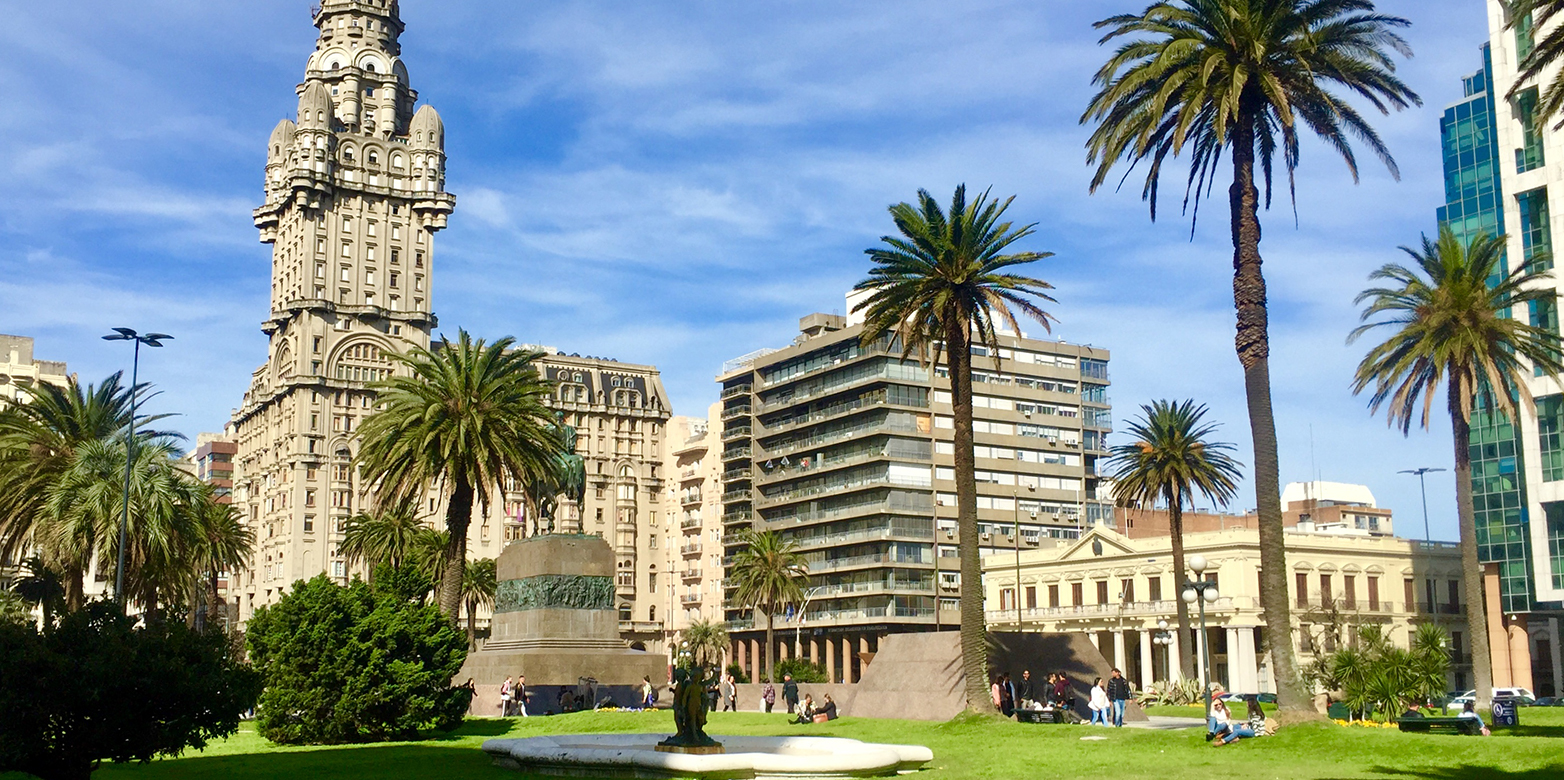
Latin American cities struggle to keep public space accessible. Based on comprehensive qualitative interview work, ISTP Senior Research Dr. Jonas Hagmann and UdelaR PostDoc external page Dr. Diego Sanjurjo currently trace how public authorities, citizens, private companies and civil society groups contribute to urban security politics in the Uruguayan capital of Montevideo. They analyse how the country’s political heritage – a statist inclination and history of military dictatorship rule especially – conditions the politics of in- and exclusion in three different sub-city sites, Ciudad Vjeja, Tres Cruses Terminal, and Montevideo Shopping/World Trace Centre.
First findings draw a complex panorama in which new government programs for integrated citizen safety, generalised video surveillance, and significant expansions of the private security sector don’t succeed in curbing growths in crime and violence, heightened public sentiments of pervasive insecurity, and polarised political debates regarding the city’s future trajectories.
Montevideo is the third case study in the external page SNSF Ambizione research programme “Securing the city: The politics and practices of urban protection”, led by Dr. Jonas Hagmann. It connects and compares to work on the Swiss cities of Zürich, Basel and Bern, the Moroccan city of Marrakech, and the Nepali capital of Kathmandu.
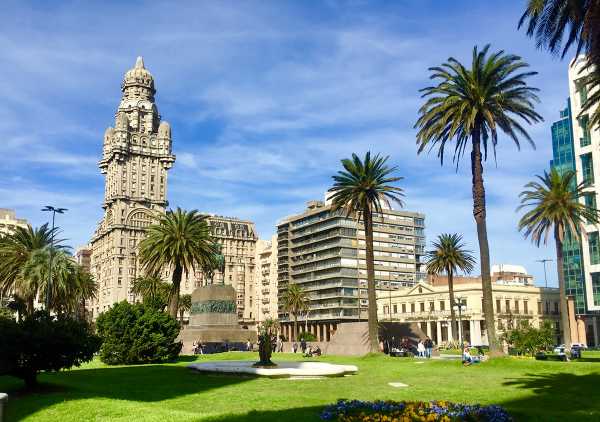 Public police retains all state powers, but now parallels a substantial, rapidly growing and highly internationalised private security sector. The Policía Nacional currently tests new mixtures of experiential and statistical-model based deployment. For some years now, it also seeks to reinforce citizen trust by means of a highly transparent anti-corruption policy.
Public police retains all state powers, but now parallels a substantial, rapidly growing and highly internationalised private security sector. The Policía Nacional currently tests new mixtures of experiential and statistical-model based deployment. For some years now, it also seeks to reinforce citizen trust by means of a highly transparent anti-corruption policy. 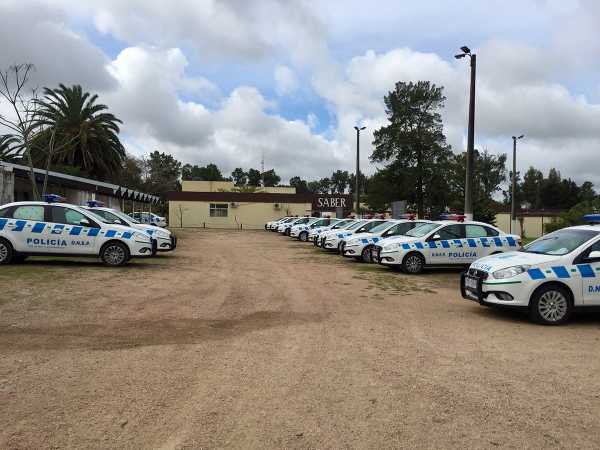 Although the political arena and citizenry strongly prefer public police solutions, private security services abound in Montevideo. Their patrols and increasingly sophisticated technical devices are sought after by uncountable numbers of flat and house owners, stores and production sites. Neighbourhood vigilante groups are also on the rise in the city, with ambivalent effects.
Although the political arena and citizenry strongly prefer public police solutions, private security services abound in Montevideo. Their patrols and increasingly sophisticated technical devices are sought after by uncountable numbers of flat and house owners, stores and production sites. Neighbourhood vigilante groups are also on the rise in the city, with ambivalent effects. 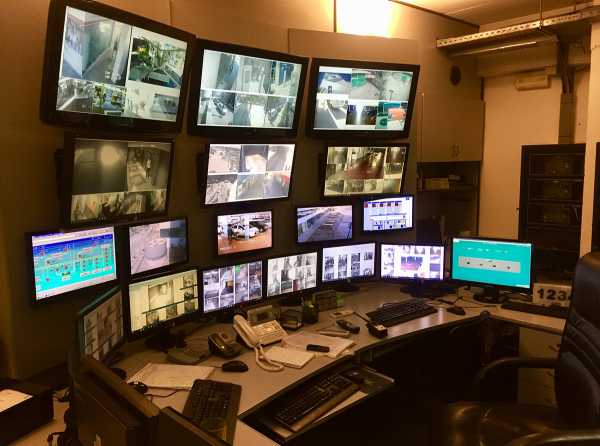 The SNSF Ambizione research programme “Securing the city: The politics and practices of urban protection” is led by ETH Zürich Senior Researcher Dr. Jonas Hagmann. It currently focuses on the Uruguayan city of Montevideo.
The SNSF Ambizione research programme “Securing the city: The politics and practices of urban protection” is led by ETH Zürich Senior Researcher Dr. Jonas Hagmann. It currently focuses on the Uruguayan city of Montevideo.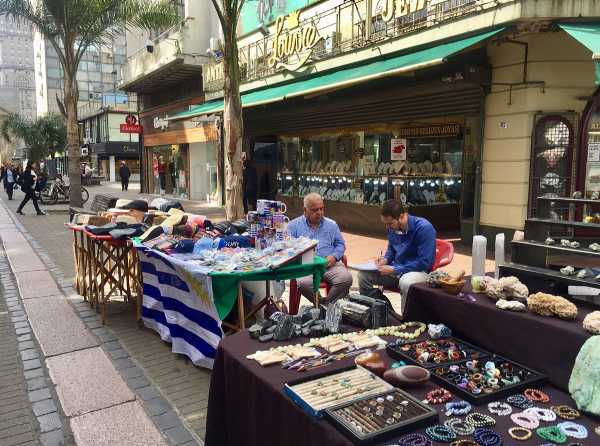
For publications and further information on the programme visit Dr. Jonas Hagmann’s external page www.jonashagmann.net or the ISTP urban security programme page.